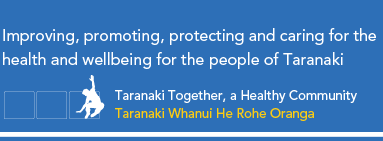Media Release
February 20, 2008
National reporting framework for serious & sentinel events
“Any preventable error in a hospital is unacceptable and regrettable.”
Patrick Snedden, Chair of the Quality Improvement Committee today released the first ever consolidated report of serious and sentinel events* across the 21 District Health Boards.
Mr Snedden says in 2006-2007, 182 people treated in to New Zealand hospitals were involved in actual or potentially preventable clinical incidents that resulted – or could have resulted in – serious harm or death. Of these, 40 died as a result of the incident.
“Over that same period, more than 834,843 people were treated and discharged by competent and professional carers working very hard to save and improve lives. Whilst most of the time the outcome is good and anticipated, any level of preventable harm is regrettable and gives us impetus for improvement.
“Sometimes, despite people’s best efforts, things go wrong. When they do, we need to be open with the patient, do what we can to correct the situation and we need to support the clinicians and health professionals involved. We also need to investigate impartially, learn what happened and – most of all –we need to share the information try to stop it happening again.
Mr Snedden says the Health & Disability Commissioner issued the sector a challenge to come up with a system to report and measure these events and provide comparative statistics as part of the process of making patient care safer.
“Hospitals have always collected this data, but this is the first time it’s been done like this with detailed summaries. This level of transparency could be a world first – we’ve still got a way to go with the system – but the endorsement of the HDC and the Ombudsmen confirms we’re on the right track.”
The Quality Improvement Committee was set up in February 2007 to provide independent advice to Parliament and make recommendations on quality improvement. A national framework for incident management is one of QIC’s five quality improvement priority projects and so far, $20 million has been allocated to these programmes.
“A new focus will be that QIC will also look at a system to make real time information about serious and sentinel events available on line to clinicians and we plan to release these national figures every year.
“Our aim is to improve safety by encouraging open and transparent reporting of incidents when something goes wrong.
“We have good, safe hospitals staffed by highly skilled people that provide a good quality of care – this is about making it even better.”
For more information:
Michael Flyger: 04-496-2265, 0274-346-878
*Definition: A serious or sentinel event has, or has the potential to result in serious lasting disability or death, not related to the natural course of the patient’s illness or underlying condition.



